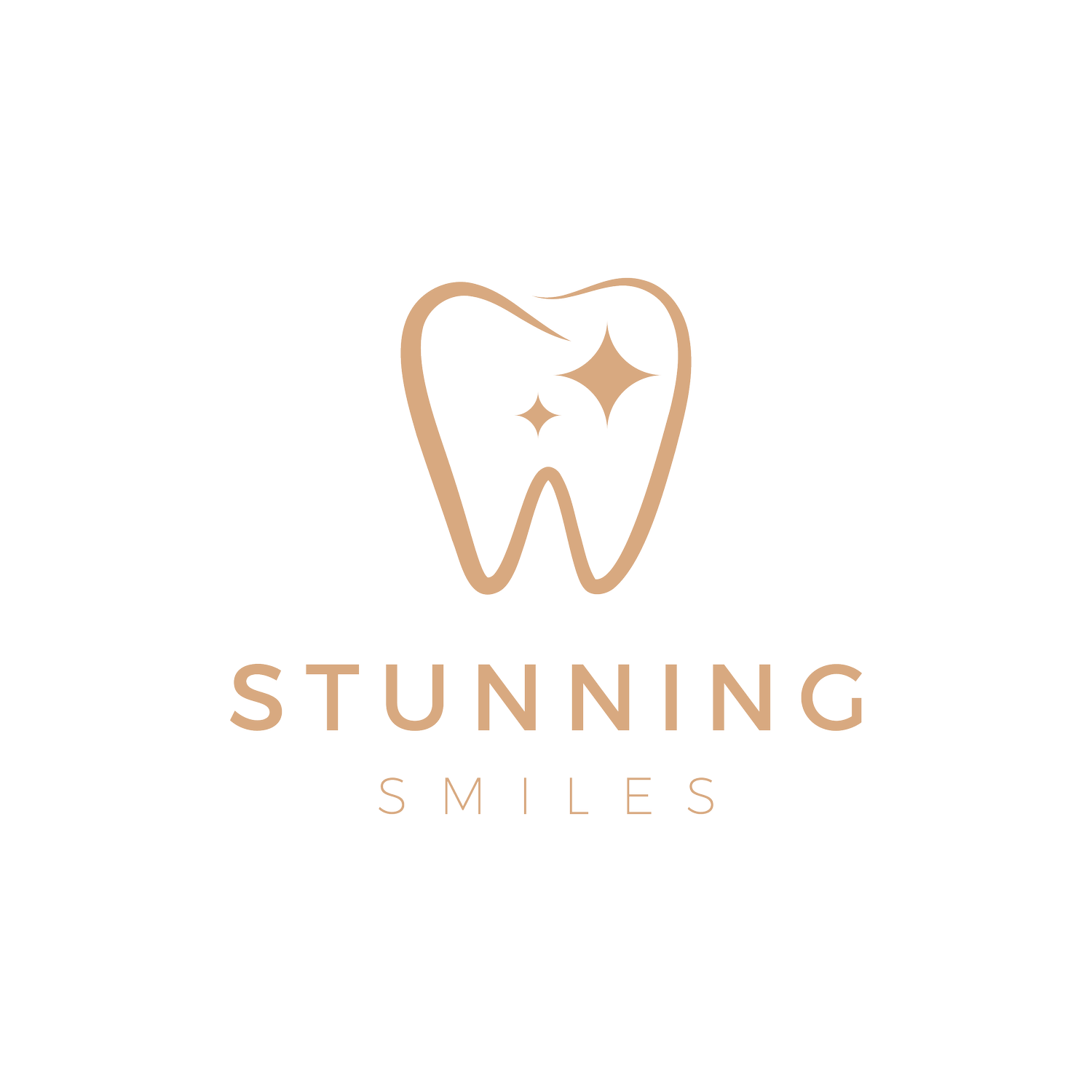The Truth About Charcoal Toothpaste: Why It Might Not Be Your Best Whitening Choice
In recent years, charcoal toothpaste has surged in popularity as a natural alternative for whitening teeth. Promising a bright, dazzling smile through its gritty, dark formula, it has captured the attention of many looking for effective ways to enhance their dental aesthetics. However, beneath its trendy allure, charcoal toothpaste comes with significant concerns and potential dangers that merit careful consideration. Let's delve into why charcoal toothpaste might not be the best choice for achieving that stunning smile you desire.
1. Abrasive Nature
Charcoal toothpaste is typically made from activated charcoal, which is highly abrasive. While this abrasiveness may initially seem beneficial for removing surface stains, it can also wear down tooth enamel over time. Enamel is the hard outer layer of the tooth that protects it from decay and sensitivity. Continuous use of abrasive toothpaste, like charcoal-based ones, can weaken enamel, leading to increased tooth sensitivity and vulnerability to cavities.
2. Lack of Scientific Evidence
Despite the marketing claims, there is limited scientific evidence supporting the effectiveness of charcoal toothpaste for teeth whitening. Most studies on activated charcoal focus on its use in medical treatments for poisoning or as a filtering agent, rather than its efficacy in oral care. The American Dental Association (ADA) does not currently endorse charcoal toothpaste due to insufficient evidence regarding its safety and effectiveness.
3. Potential for Messiness
Charcoal toothpaste can be messy to use and difficult to clean up after brushing. Its dark color may stain sink surfaces, toothbrush bristles, and even clothing if not handled carefully. The grittiness of charcoal particles can also linger in the mouth and between teeth, potentially causing irritation to sensitive gums.
4. Risk of Oral Health Complications
Using charcoal toothpaste may pose risks to overall oral health beyond enamel erosion. The gritty texture can accumulate in hard-to-reach areas, promoting bacterial growth and contributing to plaque buildup. Additionally, charcoal particles might interfere with the absorption of fluoride from conventional toothpaste, which is crucial for strengthening enamel and preventing tooth decay.
5. Alternative, Safer Whitening Options
Instead of relying on charcoal toothpaste, there are safer and more effective methods for achieving a whiter smile:
- Whitening Toothpaste: Look for toothpaste endorsed by dental professionals that contains mild abrasives and fluoride, which can help gently polish away stains without compromising enamel.
- Professional Dental Whitening: Consider professional teeth whitening treatments supervised by a dentist. These treatments use safe concentrations of bleaching agents to effectively lighten stains and enhance tooth colour.
- Healthy Oral Hygiene Practices: Maintain good oral hygiene habits, such as brushing twice daily, flossing regularly, and visiting your dentist for routine check-ups and cleanings. These practices not only promote oral health but also contribute to a naturally brighter smile.
While the allure of charcoal toothpaste for teeth whitening is undeniable, its potential risks and lack of scientific backing should give pause to those seeking a reliable solution for a stunning smile. Prioritizing oral health and choosing evidence-based dental care products and practices are essential steps towards achieving and maintaining a beautiful, healthy smile for years to come. Consult with your dentist to explore safe and effective whitening options tailored to your oral health needs and goals. Remember, a radiant smile is best achieved through informed choices and consistent oral care routines.

